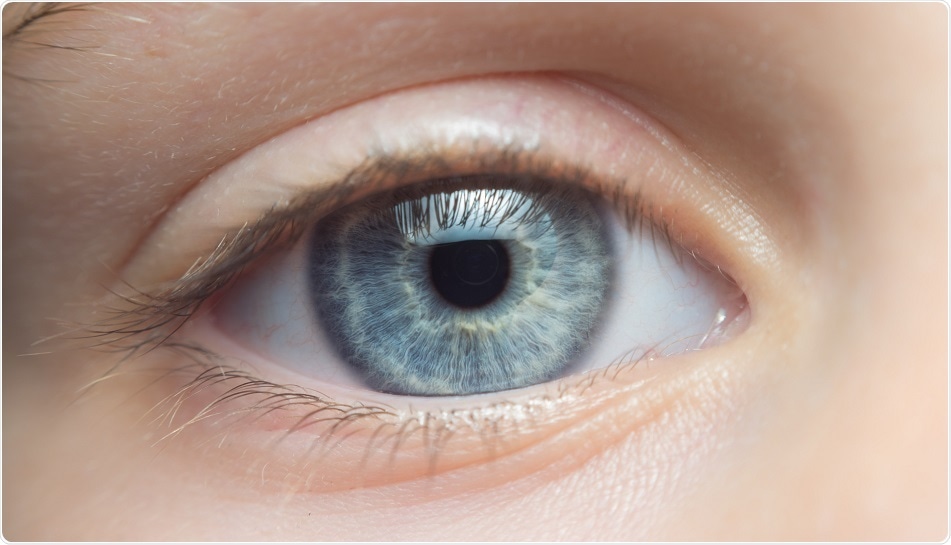Nov 13 2017
A new study presented at the 121st Annual Meeting of the American Academy of Ophthalmology (AAO) 2017, for the first time found a novel gene therapy that can improve the eyesight of patients with inherited retinal disease.

Credit: Nik Bruining / Shutterstock.com
The study enrolled 29 patients with a condition called Leber congenital amaurosis (LCA).
LCA is a rare condition that starts during infancy and progresses slowly, leading to complete blindness over time. It is estimated to affect 1 in 80,000 individuals and can be caused by one or more of 19 distinct genes.
Presently, there are no treatments available for this type of inherited retinal disease.
The participants of the study were treated with a genetically modified version of a harmless virus. Billions of viruses modified to transmit a healthy version of the gene into the retina were injected into both the eyes of the patients.
The results of this randomized, controlled, phase 3 study indicated a noteworthy improvement in the vision of 93% of the total participants treated (27 patients), and suggested that the improvements made were good enough to navigate a maze in low to moderate light.
The patients also exhibited improvements in two other visual deficits they experienced—peripheral vision and light sensitivity.
Even though the treatment does not help in restoring the normal vision, it allows patients to see light and shapes, enabling them to move around without a guide dog or cane.
It is not yet determined how long the treatment will last, though most of the patients were found to retain their vision for at least two years.
The Food and Drug Administration (FDA), is currently reviewing this new gene therapy which is expected to get its approval this year.
Even though over 200 patients with LCA had participated in various trials of gene therapy since 2007, no other gene therapies had reached this close to FDA approval for retinal or any other eye disease. In October 2017, the treatment was unanimously approved by an advisory committee to the FDA. It is not mandatory for the FDA to follow the recommendations of its advisory committees, but it generally does. The decision of the agency is expected before the end of January 2018.
Approval of this therapy is expected to pave the way for other gene therapies that might have the potential to treat over 225 genetic mutations known to cause blindness. This could also be utilized for treating retinitis pigmentosa, a genetic retinal disease.
Further, gene therapy has the potential to provide key proteins required for the restoration of vision in more common diseases like age-related macular degeneration.
Sources: https://eurekalert.org/pub_releases/2017-11/aaoo-gtf111017.php